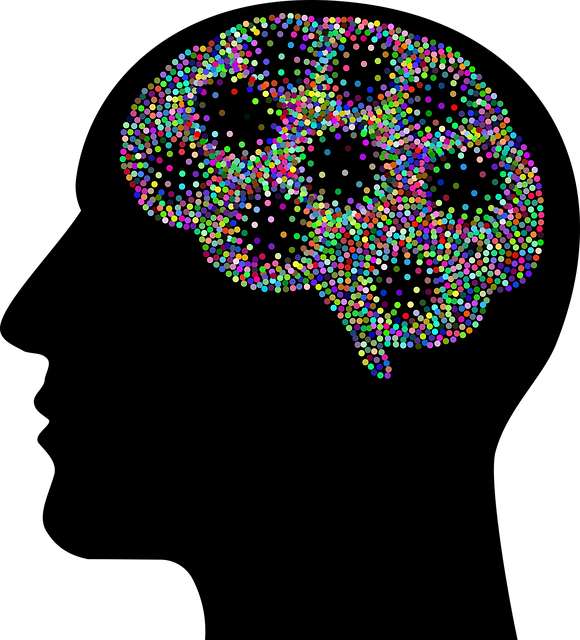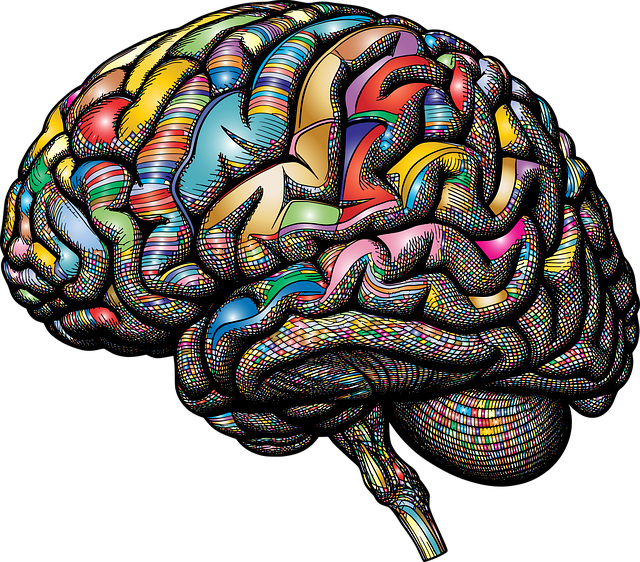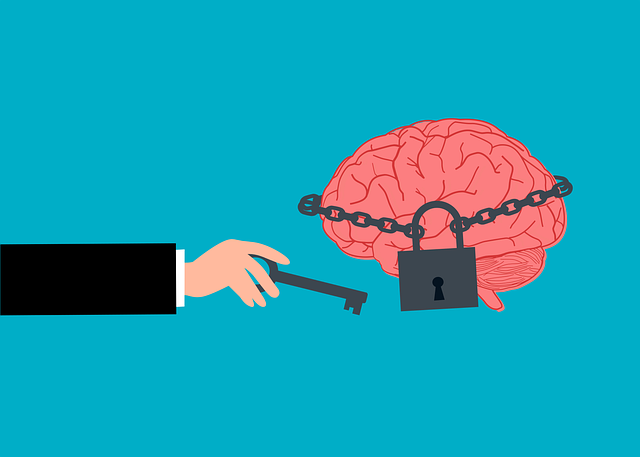Englewood Grief Counseling Therapy (EGCT) provides a holistic approach to mental wellness through their RFM (Recovery, Flexibility, Mastery) framework. This model guides individuals through grief and trauma recovery, helping them understand emotional responses, challenge negative thought patterns, and adopt effective coping mechanisms. EGCT's strategy includes stress management, burnout prevention, and tailored trauma support services, integrating mindfulness practices and professional therapy techniques to build resilience. By incorporating RFM principles into daily life, EGCT empowers clients to view challenges as growth opportunities, enhancing their ability to navigate life's turbulences smoothly and improving overall mental health and well-being.
“Uncover the power of resilience with a comprehensive guide on RFM (Recovery, Flexibility, and Mastery) and its transformative impact. This article explores how Englewood Grief Counseling Therapy, a renowned holistic approach, leverages RFM exercises to build emotional strength. We delve into effective strategies to integrate these practices into daily life, fostering long-lasting resilience. Discover the art of navigating challenges with adaptability and grace, all while harnessing the benefits of professional grief counseling.”
- Understanding RFM and Its Role in Resilience Building
- Englewood Grief Counseling Therapy: A Holistic Approach
- Exercises to Strengthen Emotional Resilience
- Integrating RFM into Everyday Life for Long-Lasting Resilience
Understanding RFM and Its Role in Resilience Building

Resilience is the ability to adapt and bounce back from life’s challenges, and it plays a pivotal role in our mental health and overall well-being. This is where RFM (Recovery, Flexibility, and Mastery) steps in as a powerful framework for cultivating resilience. The concept behind RFM is to help individuals develop inner strength by navigating through different stages of grief and trauma recovery. By understanding their own emotional responses and learning effective coping mechanisms, people can build mental wellness and fortify themselves against future adversities.
Englewood Grief Counseling Therapy emphasizes the importance of RFM in enhancing mental health awareness. Through these exercises, individuals are encouraged to explore their feelings, challenge negative thought patterns, and adopt a more flexible mindset. This process allows them to gain mastery over their emotional reactions, fostering a sense of control and resilience. By integrating RFM into therapy, Englewood Grief Counseling Therapy offers a holistic approach to inner strength development, empowering clients to navigate life’s challenges with greater ease and confidence.
Englewood Grief Counseling Therapy: A Holistic Approach

Englewood Grief Counseling Therapy offers a holistic approach to healing and resilience building, addressing not just the grief itself but also the underlying factors contributing to an individual’s vulnerability. This comprehensive strategy involves exploring and managing emotional pain, while also focusing on practical aspects of life such as stress management and burnout prevention. By integrating trauma support services into their practice, this therapy model ensures that clients receive a tailored experience that caters to their unique needs.
The holistic nature of Englewood Grief Counseling Therapy empowers individuals to navigate challenging situations with enhanced coping mechanisms, fostering resilience in the face of grief and adversity. This approach recognizes the interconnectedness of mental, emotional, and physical well-being, ultimately enabling clients to lead more balanced and fulfilling lives.
Exercises to Strengthen Emotional Resilience

Building emotional resilience is a key component of overall mental wellness, and there are several exercises that can help individuals strengthen their ability to cope with stress and trauma. One effective approach is engaging in regular mindfulness practices, such as meditation or deep breathing exercises, which have been shown to reduce stress levels and promote a sense of calm. These techniques encourage folks to focus on the present moment, letting go of worries about the past or future, thereby fostering a state of mental clarity.
In addition to mindfulness, therapy sessions with professionals like those at Englewood Grief Counseling Therapy can be incredibly beneficial. Therapists utilize various tools tailored to each individual’s needs, including cognitive-behavioral techniques and exposure therapy, which help process difficult emotions, reframe negative thought patterns, and develop healthy coping mechanisms. By integrating these exercises into their routines, individuals can enhance their mental resilience, enabling them to navigate life’s challenges with greater ease and access supportive trauma services when needed.
Integrating RFM into Everyday Life for Long-Lasting Resilience

Integrating RFM (Resilience, Flexibility, and Mastery) into everyday life is a powerful way to build long-lasting resilience, as promoted by Englewood Grief Counseling Therapy. This approach encourages individuals to embrace challenges as opportunities for growth rather than obstacles that define them. By cultivating emotional intelligence and developing a robust self-care routine, one can enhance their ability to navigate life’s ups and downs with greater ease.
Englewood Grief Counseling offers practical exercises that help individuals identify their personal resources, strengthen their coping mechanisms, and foster a sense of control over their reactions to stressful situations. This holistic process involves mindfulness practices, cognitive reframing, and proactive stress management techniques tailored to individual needs. By consistently applying these strategies, one can build emotional resilience, leading to improved mental health and overall well-being.
In conclusion, integrating RFM (Resilience, Flexibility, and Mastery) principles through holistic approaches like Englewood Grief Counseling Therapy can significantly enhance emotional resilience. By incorporating targeted exercises into daily routines, individuals can build long-lasting adaptability to navigate life’s challenges. This comprehensive strategy not only aids in recovering from grief but also equips folks with tools to thrive amidst uncertainty.














